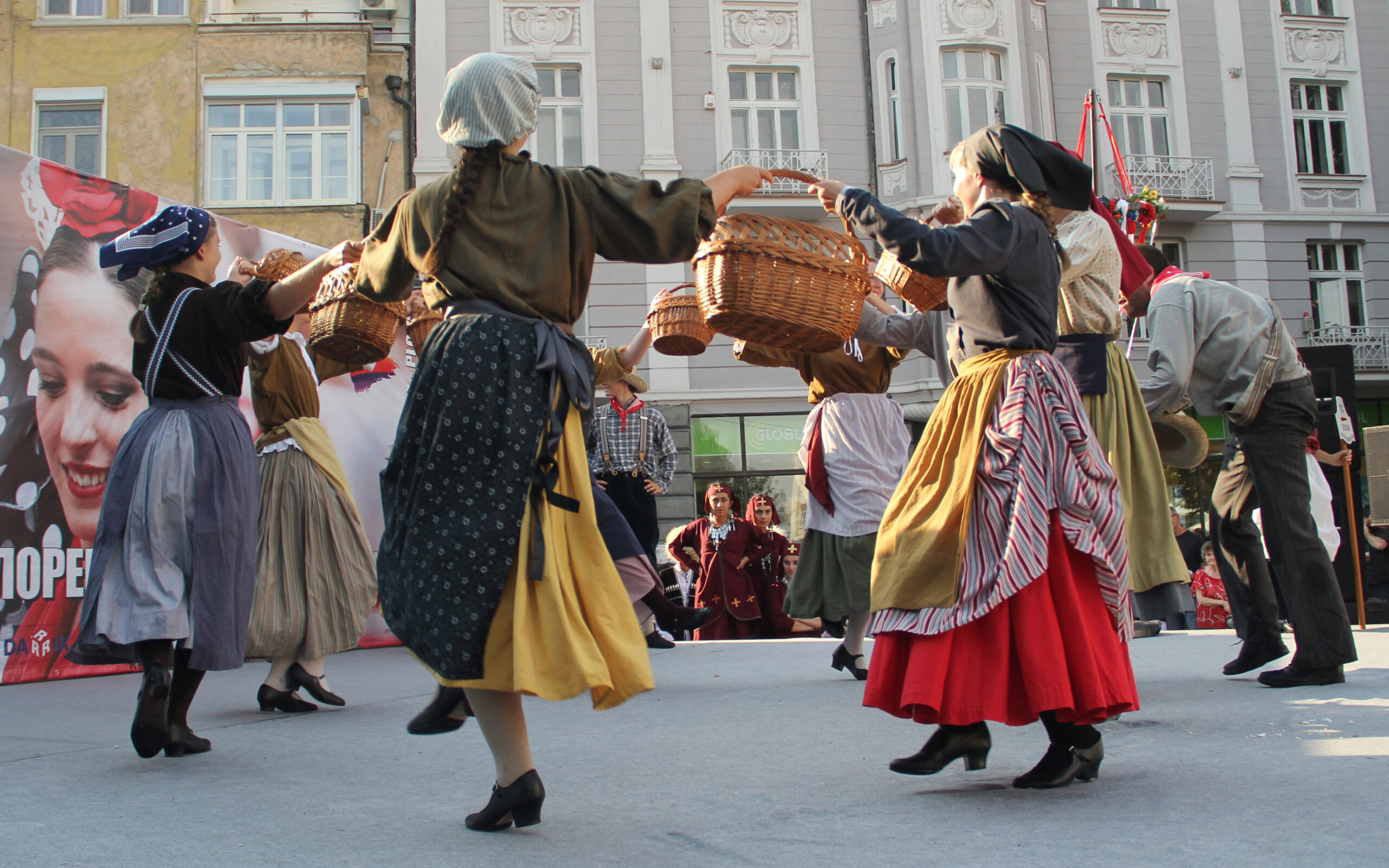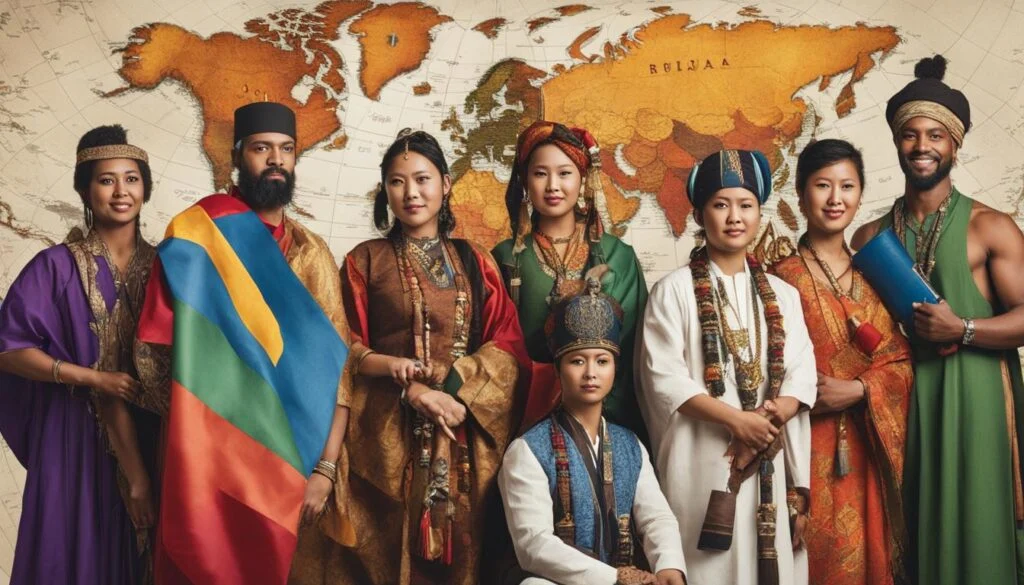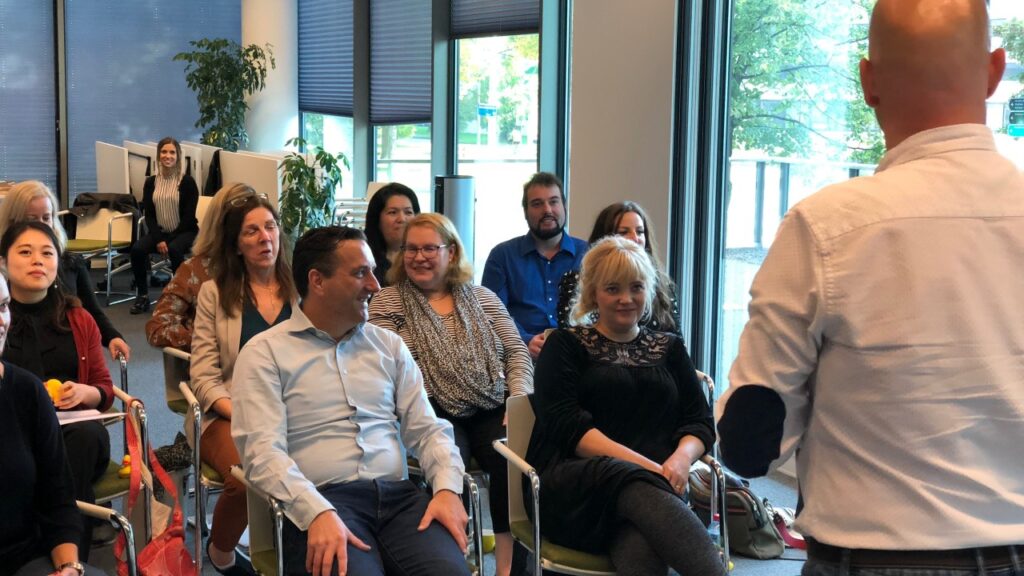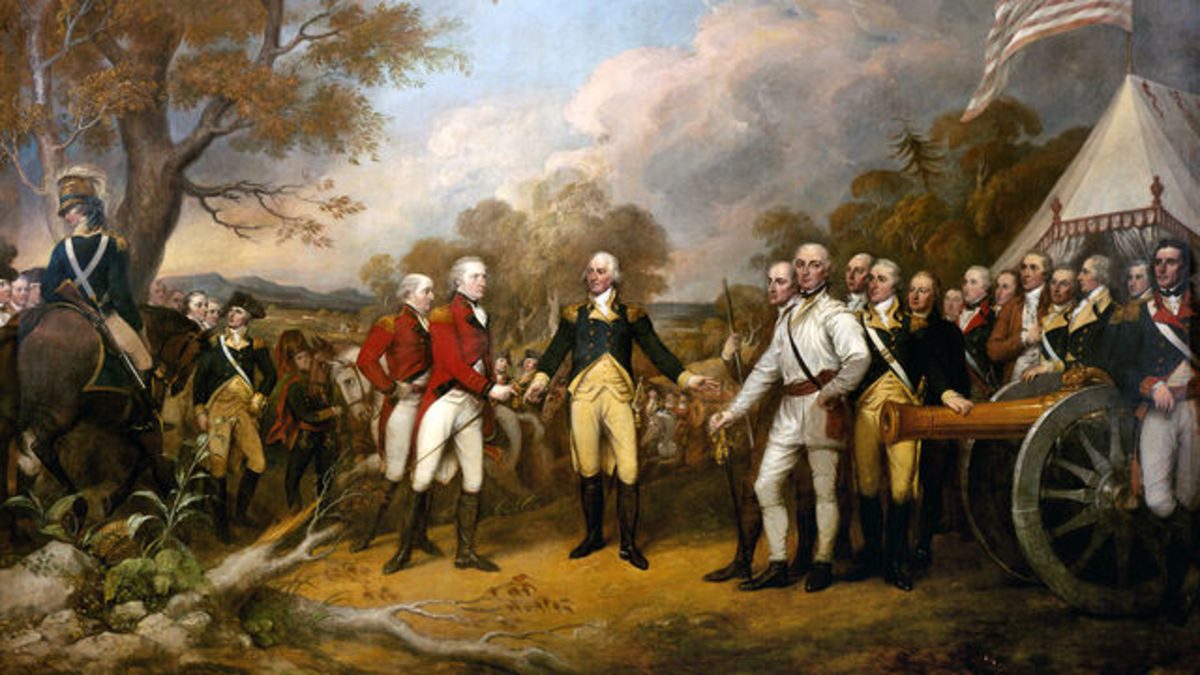Global Cultural Traditions and Practices: How They Shape Our World Today

In an increasingly interconnected world, understanding global cultural traditions and practices is more crucial than ever. These traditions reflect the rich diversity of human experience, influencing everything from social norms and behaviors to celebrations and daily rituals. By examining these cultural legacies, we gain insights into how they shape our collective identity and the modern world around us. This article delves into the significance of global cultural traditions and practices, exploring their roles in society today.
Understanding Cultural Traditions

Cultural traditions are the shared beliefs, practices, values, and artifacts that characterize a group or society. They encompass a wide range of expressions, including art, music, dance, food, and religious practices. Traditions can be both tangible, such as clothing and festivals, and intangible, like storytelling and oral history.
For example, the Day of the Dead in Mexico is a vibrant celebration honoring deceased loved ones through colorful altars, food offerings, and festive gatherings. Similarly, the Japanese tea ceremony emphasizes harmony, respect, purity, and tranquility, showcasing the beauty of mindfulness in cultural practices.
Significance of Cultural Practices
Cultural practices are vital in fostering a sense of community and identity among individuals. They provide a framework through which people can connect with their heritage and each other. These practices also influence social behavior, creating a shared understanding of acceptable norms and values within a community.
For instance, communal feasts during Ramadan bring families and friends together, reinforcing bonds and shared beliefs among Muslims worldwide. Such practices not only nurture relationships but also instill a sense of belonging and continuity across generations.
Global Cultural Traditions in Modern Society
Globalization has significantly impacted cultural traditions, often leading to a blending of practices and ideas across different societies. While this exchange can enrich cultural diversity, it can also pose challenges to the preservation of unique traditions.
In some cases, traditional practices adapt to modern contexts, creating new interpretations that resonate with younger generations. For instance, traditional music genres may incorporate contemporary elements, allowing them to remain relevant and appealing.
Despite these changes, many communities actively strive to preserve their cultural heritage. Organizations and individuals work tirelessly to document and promote traditional practices, ensuring they are passed down through generations. This balance between embracing modernity and honoring tradition is crucial for maintaining cultural integrity.
Case Studies of Notable Cultural Traditions

Exploring specific cultural traditions provides a deeper understanding of their significance and influence.
- Diwali: Celebrated by millions of Hindus, Sikhs, and Jains worldwide, Diwali, the Festival of Lights, symbolizes the triumph of light over darkness. Families gather to decorate their homes, exchange gifts, and participate in prayers, reinforcing familial bonds and communal ties.
- Chinese New Year: This vibrant festival, rich in symbolism and tradition, marks the beginning of the lunar new year. Families reunite to share meals, honor ancestors, and partake in festivities that promote good fortune and prosperity.
- Thanksgiving: Originating as a harvest festival in the United States, Thanksgiving is a time for family gatherings, feasting, and gratitude. The holiday emphasizes the importance of community, reflection, and appreciation for the abundance in life.
These examples illustrate how cultural traditions contribute to the social fabric, providing opportunities for connection, reflection, and celebration.
Challenges Facing Cultural Traditions
Despite their significance, cultural traditions face several challenges in the modern world. Cultural appropriation, where elements of one culture are adopted by another without understanding or respect, can lead to tensions and misunderstandings. Additionally, rapid modernization and globalization can result in the erosion of traditional practices as younger generations gravitate towards contemporary lifestyles.
The role of technology cannot be overlooked, as social media and digital platforms often shape cultural consumption. While these platforms can facilitate the sharing and promotion of cultural practices, they can also lead to superficial engagement with traditions, undermining their deeper meanings and values.
The Future of Cultural Traditions

As the world continues to evolve, so too will cultural traditions. While some practices may fade or transform, others will likely endure, adapting to new contexts and technologies. The emphasis on cultural education and awareness will be crucial in fostering appreciation for diverse traditions.
Encouraging cross-cultural dialogue and understanding can help bridge gaps between communities, promoting respect for different cultural practices. Initiatives that celebrate cultural diversity, such as cultural festivals, educational programs, and community workshops, can play a vital role in preserving traditions while fostering inclusivity.
Conclusion
Global cultural traditions and practices are essential in shaping our world today. They provide a sense of identity, community, and continuity, enriching our lives with diverse perspectives and experiences. As we navigate the complexities of a globalized society, it is vital to engage with and appreciate these traditions. By doing so, we honor our shared humanity and contribute to a more interconnected and understanding world.
For more insights on lifestyle and culture, visit Lifestyle Rule.




